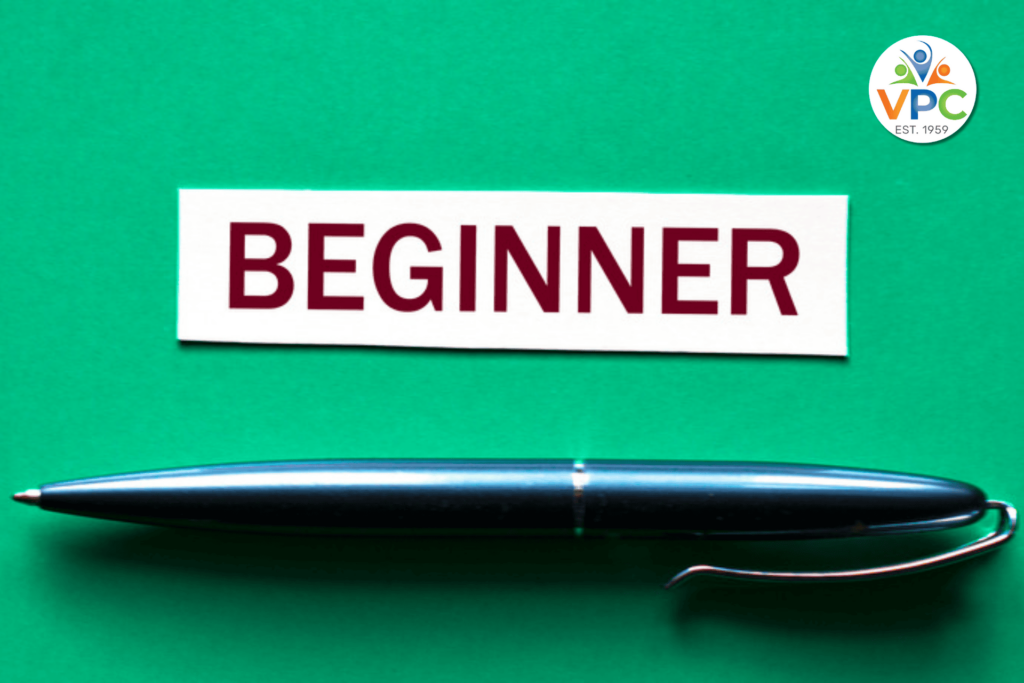
How to Parent with a Beginner Mind
You and your child are not the same. This powerful tool will help you better understand your teen.
What is a ‘beginner mind’?
The concept of beginner mind originates from Zen Buddhism and refers to approaching life with an open and fresh perspective, much like that of a beginner. It involves letting go of preconceptions, assumptions, and past experiences to view things as they truly are in the present moment. When you approach things with a beginner mind, you have a sense of curiosity, humility, and openness to learning something new. This is regardless of your level of expertise or knowledge in a particular area.
The beginner mind sits at one end of the spectrum. It is associated with a growth mindset. This indicates a willingness to learn, to be wrong, and to not have all the answers all the time. It shows that you are seeking to understand. A beginner mind is open and curious and can tolerate the uncertainty that comes with waiting for a new answer to a problem.
At the other end of this spectrum is a fixed mind. This type of mindset is rigid, unable to consider other perspectives, uncompromising, all-knowing, and possibly frightened of change or being wrong. It does not tolerate uncertainty.
You and your child are not the same
You may think that you and your child are much the same. But you are not.
Your child is inherently different from you. While they may share some physical characteristics or predispositions to certain traits like you or your partner, they also inherit a unique blend of genes from both of you.
Your child is also shaped by all the individual experiences that are different from yours. Their upbringing is different, their parents are different, and the time in which they live is different.
All these things matter and will shape their personalities, values, and beliefs in ways that may differ from yours.
Because of these differences, you can never assume that you have all the answers.
Parenting with a beginner mind
Parenting with a beginner mind means being more open to another perspective.
Consider this example: Your 14-year-old child is failing math, which is difficult for you because you have always excelled at math.
There are two ways you might respond. For instance:
1. ‘What is going on with your math? Do you need a tutor? I am going to organise a tutor. You need to work harder.’
2. ‘I am a bit surprised by your maths result. Is there anything I can do to help?’
The first response is quite reasonable based on what you know. However, there may also be something else happening that you have not allowed to come out. This response is solution-focused and seen through one perspective only—yours. It sits towards the fixed-minded end of the spectrum.
On the other hand, the second response is more open. You express how you feel about the situation, then let your teen know that you are there for them no matter what is going on. This response sits towards the beginner-minded end of the spectrum.
Picking the right moment
Your teen may shrug, shake their head, and walk off to their room in response to your questions.
It is important to realise that picking the ‘right moment’ to talk may also affect your response type. Your teen may need some time to process whatever is going on before they are ready or willing to open up.
In the second response, you let them know you are there for them, and that you are open to hearing what they have to say. It tells them that you aren’t particularly worried because you know that there are many ways to solve a problem, and you know it will be OK.
An incredibly powerful tool
A beginner mind can be an incredibly powerful tool to maintain a healthy relationship with your child. To get started, try to:
- Start with the intention of learning something new about your child.
- Hold back your ready answer if they express a worry or behave differently.
- Be curious and nonjudgmental. This will allow your child to connect with how they feel and find the words to explain their experience.
It takes practice
Like anything new, cultivating a beginner mind is a work in progress. It takes practice. Some days you will get it and see new things, and on other days, it will all feel too hard.
Don’t worry! That, too, is OK. Even parents are only humans.
Katrina Gow
Katrina is a dedicated parent and qualified counsellor and psychotherapist with a passion for supporting families through challenging times. Katrina combines her diverse background in nursing, occupational health, and Shiatsu massage to offer a unique and holistic approach to her work. She is a committed practitioner of Iyengar yoga, and deeply comprehends the profound connection between mind and body, recognizing the significance of balance in sustaining overall health.
Katrina is fascinated with the human condition and has a particular interest in exploring the complex subject of stress and its interwoven effects on our feelings, thoughts and behaviours. Katrina has niche experience in the area of school avoidance and she now seeks to help parents dealing with the enormous stress that invariably accompanies having a child unable to attend school.
Katrina works at the Melbourne Children’s Clinic in Surrey Hills.

